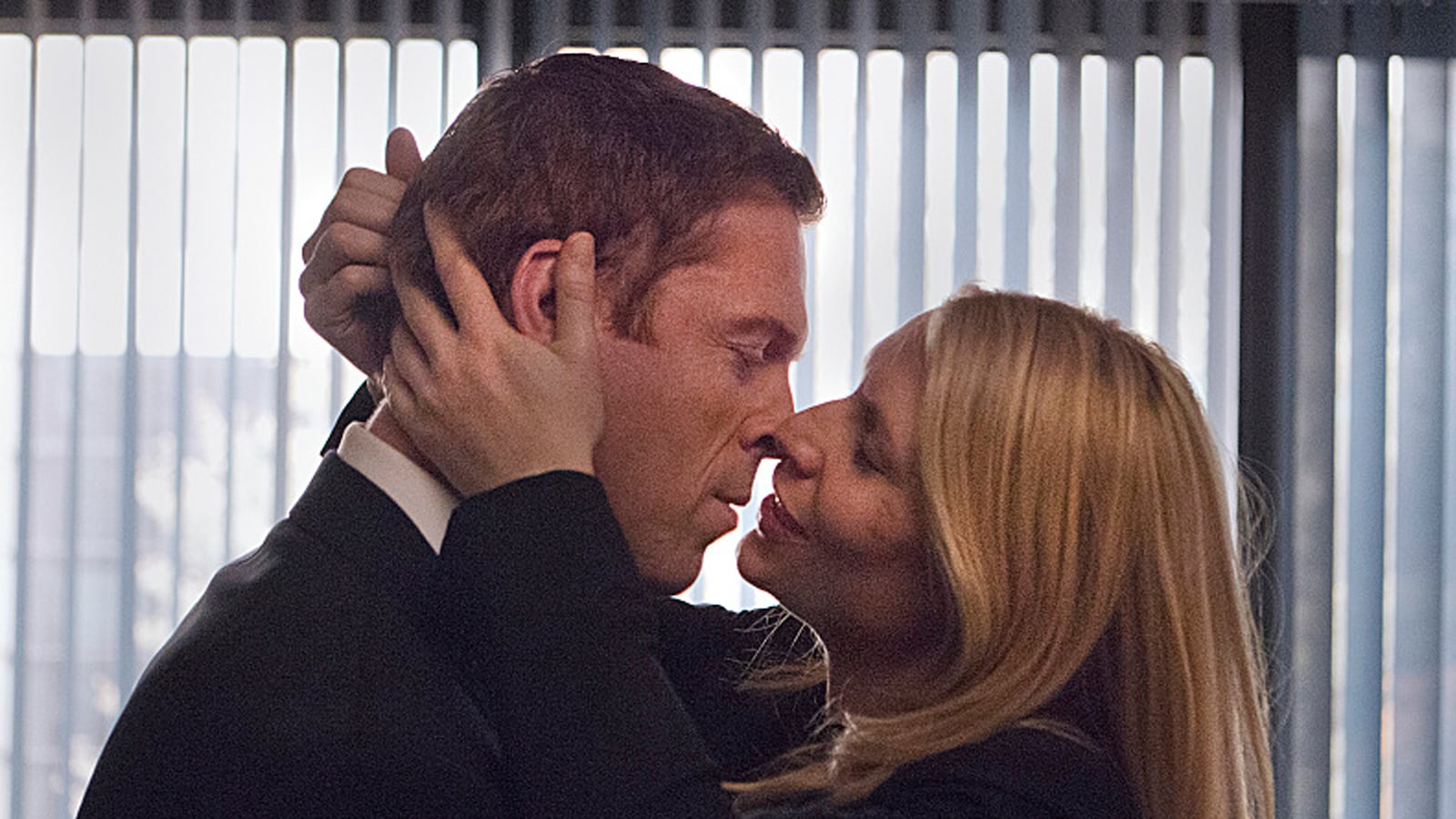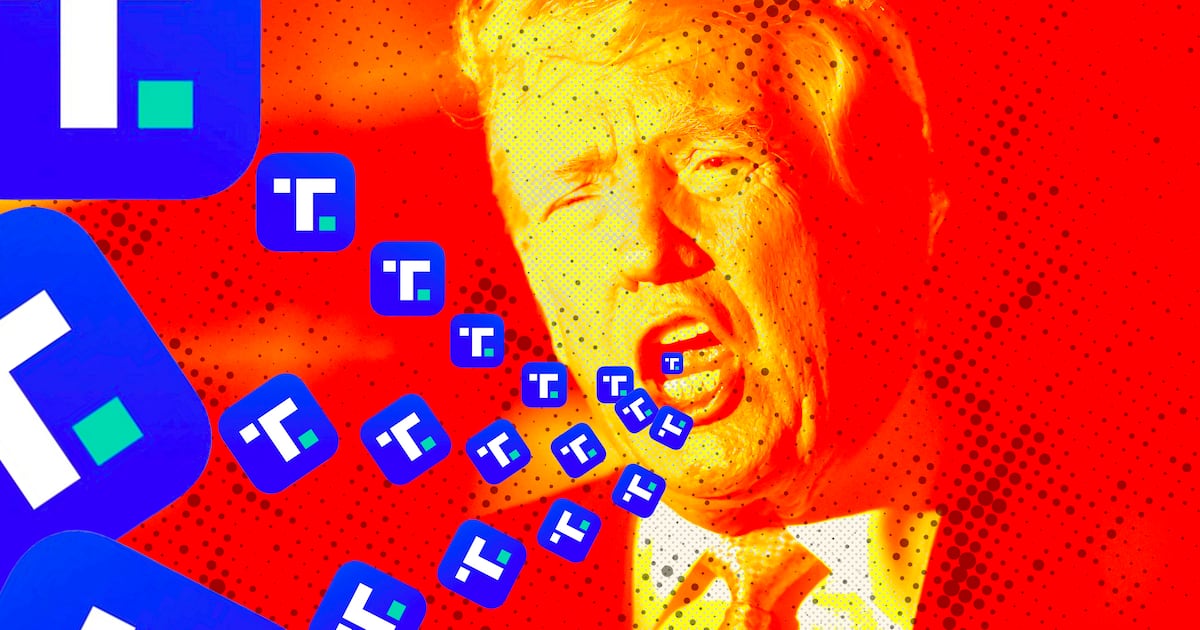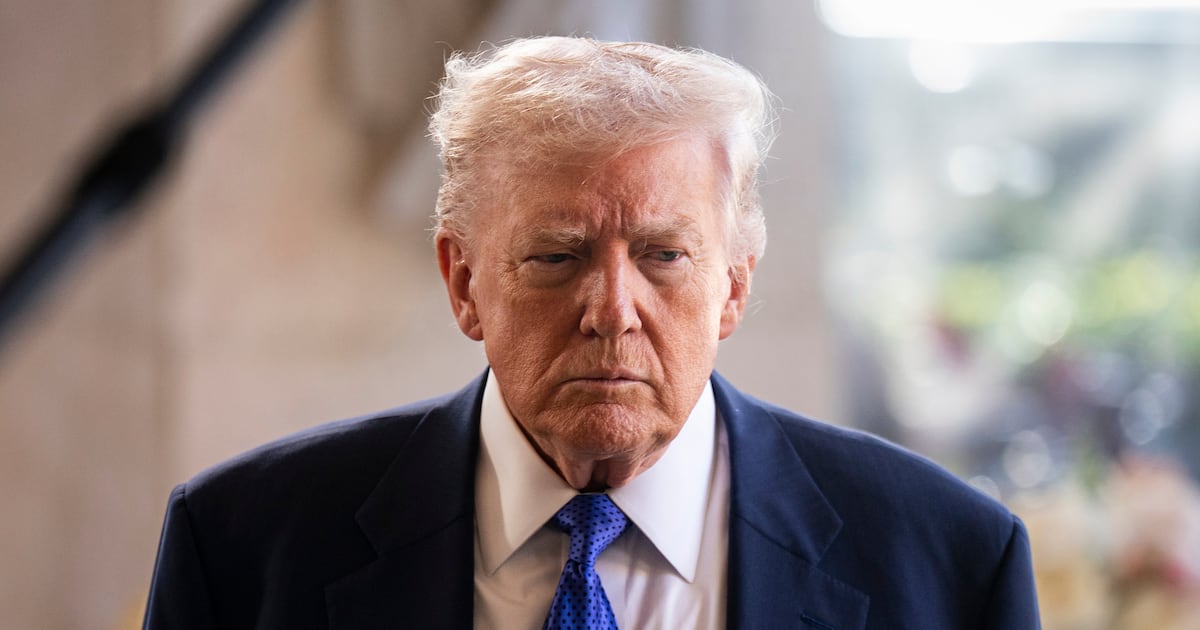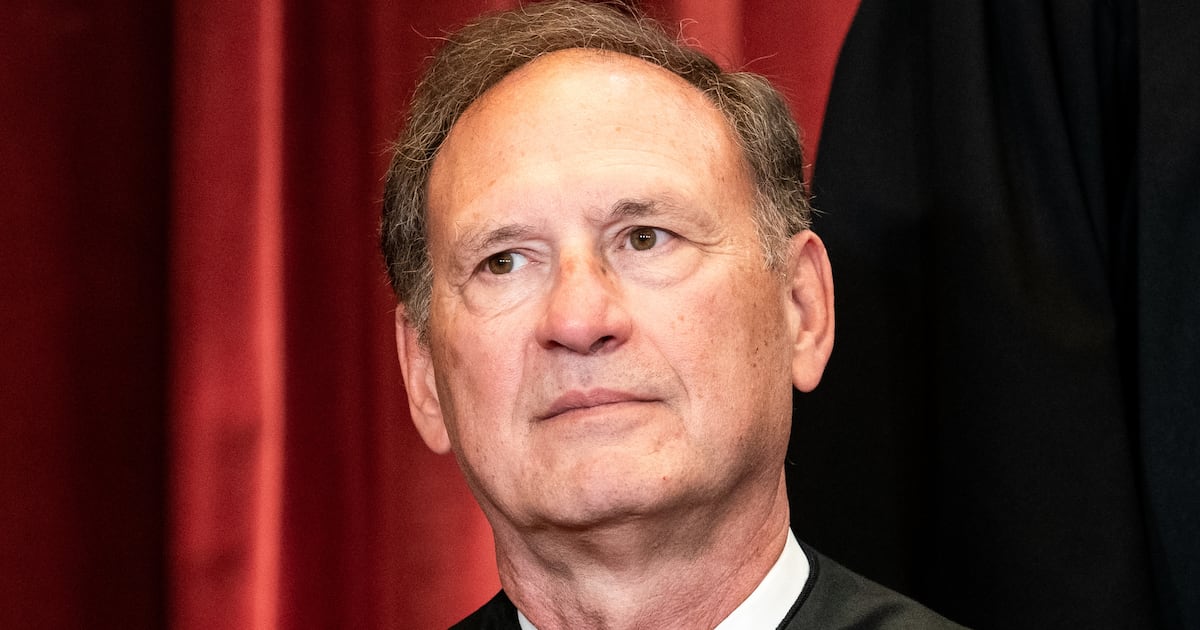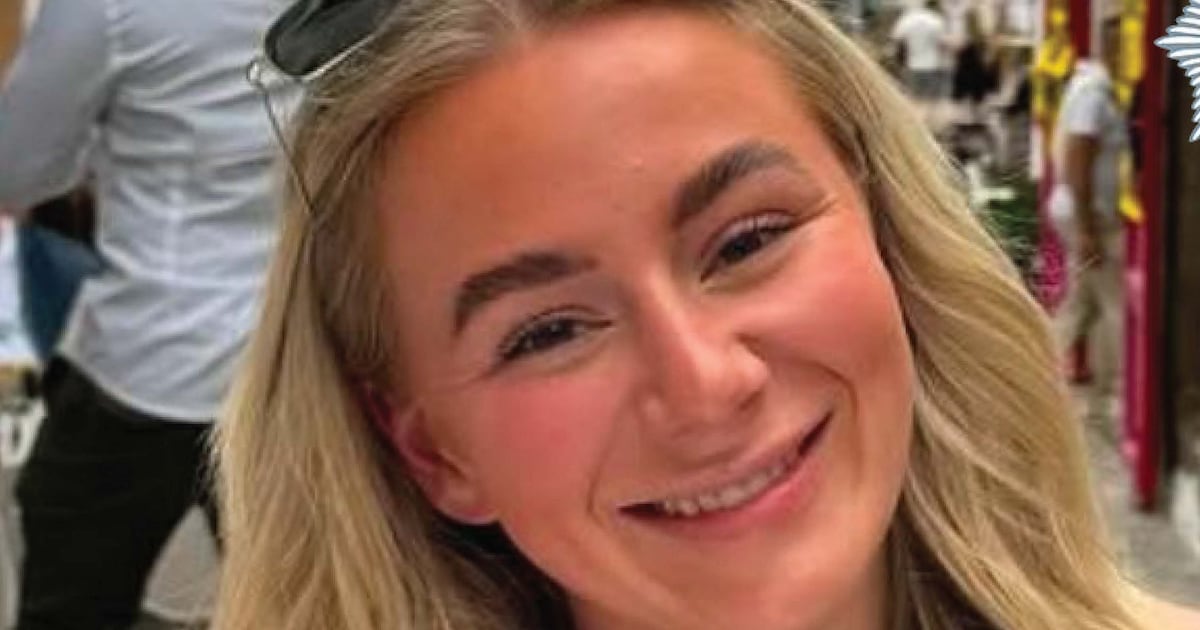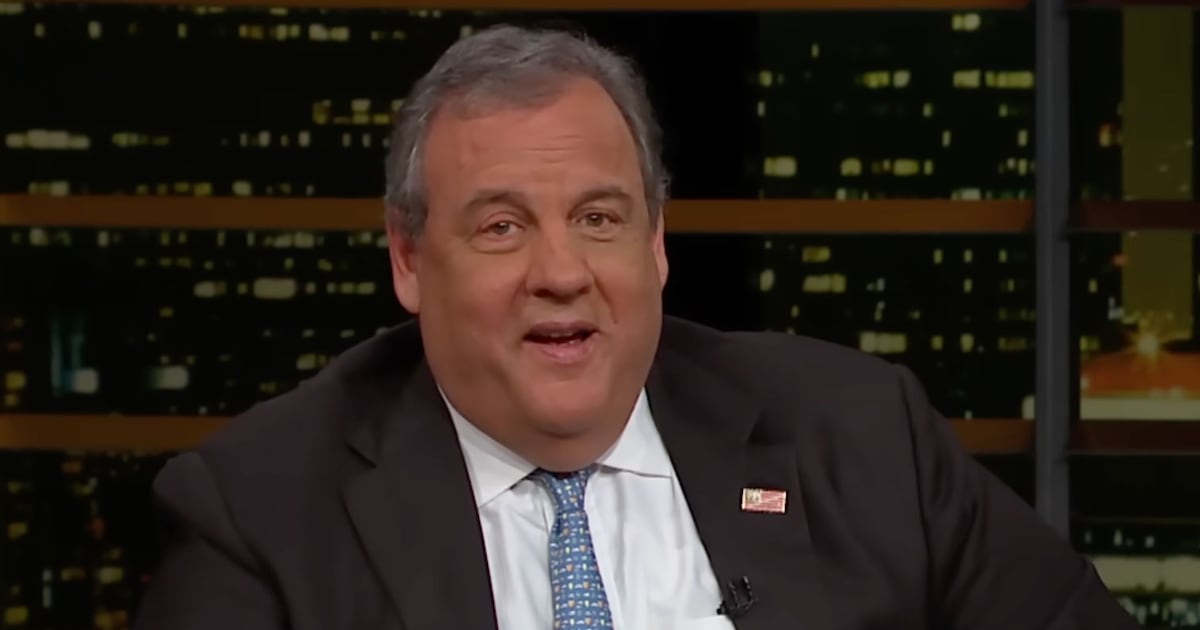The first season of Showtime’s Homeland was intimate, grounded, and mostly brilliant: a character study about two vivid, complex personalities—bipolar CIA officer Carrie Mathison (Claire Danes) and Marine-turned-POW-turned-al-Qaeda-operative Nicholas Brody (Damian Lewis)—caught on opposite sides of America’s so-called War on Terrorism.

Season Two? Not so much. As showrunners Alex Gansa and Howard Gordon upped the soapy romance and 24-style action, twisting their plot into ever-more-elaborate pretzels, fans and critics revolted. “Increasingly erratic and outlandish,” wrote Scott Collura at IGN. “Giv[es] even devoted viewers reason to feel cheated,” added Alessandra Stanley at The New York Times. “Such a mess,” concluded Alan Sepinwall at HitFix.
Now that Season Three of Homeland is set to start on Sunday—a season that critics are already calling a return to form—the temptation is to forget that Season Two ever existed. But TV doesn’t work that way, sadly. The (much-improved) Season Three premiere won’t make sense unless you know what happened last time around. (Trust us. We’ve already seen it.)
The good news is that you don’t have to rewatch Homeland’s wackiest episodes to prepare. Here are the seven plot points you need to remember to understand what the heck is going on Sunday night.
1. The Bombing
Say what you will about Season Two—at least it didn’t go out with a whimper. The finale revolved around the funeral of Vice President (and former CIA director) William Walden, who was assassinated, as you may recall, when Brody slipped into Walden’s home office at the Naval Observatory and texted the serial number of the veep’s pacemaker to terrorist puppetmaster Abu Nazir. Nazir’s henchman then stopped Walden’s heart remotely, because that’s how pacemakers work, while Congressman Brody leaned over the man who would have been his presidential ticket-mate—but who had also previously overseen the drone strike that killed Abu Nazir’s son, Issa, which had radicalized Brody in the first place—and sneered, “You still don’t get it, do you? I’m killing you.”
The funeral was held at Langley, presumably because Walden was CIA; both Carrie and Brody were invited to attend. As CIA Director David Estes delivers the eulogy, the two of them sneak into the office of Saul Berenson (Mandy Patinkin) for a tête-à-tête. Suddenly, in the midst of their liaison, Brody notices his SUV parked outside the window. Someone moved it, he says. Seconds later, a bomb rips through CIA headquarters.
At first, Carrie blames Brody; she even pulls her gun on him. But Brody insists that he’s innocent. His hypothesis is that the bomb was all part of Abu Nazir’s diabolical plan to lull the CIA into complacency—thanks to Carrie, Nazir was located and killed in the previous episode—before executing a massive posthumous attack. “He played us all from the beginning!” Brody shouts. Carrie eventually buys it, but she knows no one else will. So she and Brody go on the lam. Which brings us to...
2. The Affair
If you’ve forgotten whether Brody and Carrie’s “on again, off again” romance was on or off at the end of Season Two, fret not: their relationship was so volatile it was almost impossible to keep track.
The answer, for the record, was on—very much so. When last we saw the two deranged lovebirds, Brody had separated from his lovely wife, Jessica, who had grown weary of his secrecy, sexual dysfunction, and Muslim-y ways and reignited her affair with Brody’s former best friend Mike Faber. Carrie, meanwhile, had demurred when Saul offered her a promotion to station chief. “You're the smartest and the dumbest fucking person I've ever known,” Saul replied.
The reason for Carrie’s reluctance? At the beginning of the Season Two finale, Carrie and Brody returned to the place where they’d first gotten lovey-dovey: the Mathison family cabin. Surrounded by the beauty of nature, they discussed their future together and decided that in order for this crazy love to endure, Carrie would have to quit the CIA. When they rendezvous again at Langley during the funeral, it was to make it official. Carrie confirms she’s out. They kiss. And then the bomb goes off, and they run.
At first, it seems like they’re running off to Canada together. But it turns out there’s no “they” in Carrie’s plan—her fake ID was merely a ruse to get Brody to the border. Al Qaeda has claimed credit for the Langley attack and framed Brody as the mastermind by releasing his Season One confession video to the media. I have to go back, Carrie explains; she promises to “clear [Brody’s] name.” They say a tearful goodbye, and that’s the last we see of the sergeant.
3. The Boss
It is not, however, the last we see of Saul. At the end of Season Two, the Langley death toll was 200 and counting. Cynthia Walden, the vice president’s wife, was killed in the blast; so was the vice president’s son, Finn. The secretaries of Defense and Homeland Security? Both dead as well. But the most important casualty was CIA Director David Estes (David Harewood). In previous episodes, Estes and Saul had been at odds; at one point, Estes had Saul interrogated for days on end.
But with Estes dead, the conflict is over, and Saul, now Langley’s top-ranking official, becomes acting CIA director. When Carrie finally returns to Langley—she’s been missing for 14 hours, much to Saul’s dismay—Saul is still there, standing amidst the rows of dead bodies and reciting the Kaddish. He looks relieved to see her.
4. The Assassin
The reason Estes and Saul were at odds was Peter Quinn. Remember him? Neither did we—at least not clearly. Quinn first appeared in the fourth episode of Season Two; after Saul discovered Brody’s confession video, Estes agreed that a small team should watch the congressman but insisted that his own man must lead the operation. Estes’s man turned out to be Quinn.
For most of Season Two, Quinn’s relationship to the rest of the cast was rocky. Carrie resented him for taking over and questioned his professionalism when he stabbed Brody in the hand during an interrogation. Saul, meanwhile, was always suspicious. Eventually the old spook figured out that Quinn wasn’t a CIA “analyst” at all—he was a black-ops assassin hired by Estes to kill Brody. Ever the good guy, Saul objected to the plot; killing a sitting congressman isn’t exactly kosher. So Estes had him detained, interrogated, and silenced.
In the end, however, Quinn didn’t turn out to be much of assassin. In the Season Two finale, he trailed Brody and Carrie to the lakefront cabin. He aimed his sniper rifle at the sergeant. But when he saw how Carrie and Brody “connected,” he just couldn’t pull the damn trigger.
Spoiler alert: Quinn returns at the start of Season Three. As long as you remember that he’s an assassin with a heart of gold, you’ll be good to go.
5. The Mystery Man
Quinn isn’t the only enigmatic CIA type who reappears in the Season Three premiere. Does the name Dar Adal ring a bell? It didn’t for us either. But rewinding the tape jogged our memory.
In the ninth episode of Season Two, Saul asked Carrie’s off-the-books surveillance team to keep an eye on Quinn; one of them eventually snapped some photos of Quinn meeting an unidentified man on an otherwise empty bus. As soon as Saul saw the images he identified Quinn’s interlocutor: Dar Adul, a CIA agent he met 18 years earlier in Nairobi, where Adul was running classified operations. That was the moment Saul realized Quinn was more than a mere “analyst”—a fact that Adul (F. Murray Abraham) confirmed when he and Saul met at a local diner in the following episode.
As we noted above, Adul is back in Season Three. We will say no more.
6. The Daughter
Judging from Saturday Night Live’s hilarious Homeland parody, Dana Brody—Nicholas and Jessica’s brooding teenage daughter—did little more in Season Two than rub her sleeves together and mutter, “Dad?”
But that’s not quite accurate. Dana (Morgan Saylor) also got mixed up with a boy she shouldn’t have—Finn Walden, the vice president’s son—which led to a tragic car accident. And of all the Brodys, Dana seemed to develop the deepest relationship with her father. She was alternately annoyed with his absence and protective of his new Muslim faith.
It’s worth noting that Season Three of Homeland starts several months after Season Two ended, and that Dana seems to have endured a rough patch in the interim. But her character remains pretty much the same: still attracted to bad boys, still conflicted about her dad.
7. The Meds
When Carrie Mathison is taking her meds, she can be very pleasant company indeed: a savvy jazz aficionado with confidence and smarts to spare. It’s when she’s off her meds that things tend to get weird. The lips start trembling. The eyes bulge. Post-it notes get pinned to maps. Colored string is stretched from pushpin to pushpin.
At the end of Season Two, Carrie was on her meds. At the start of Season Three … well, you’ll have to tune in to find out.

